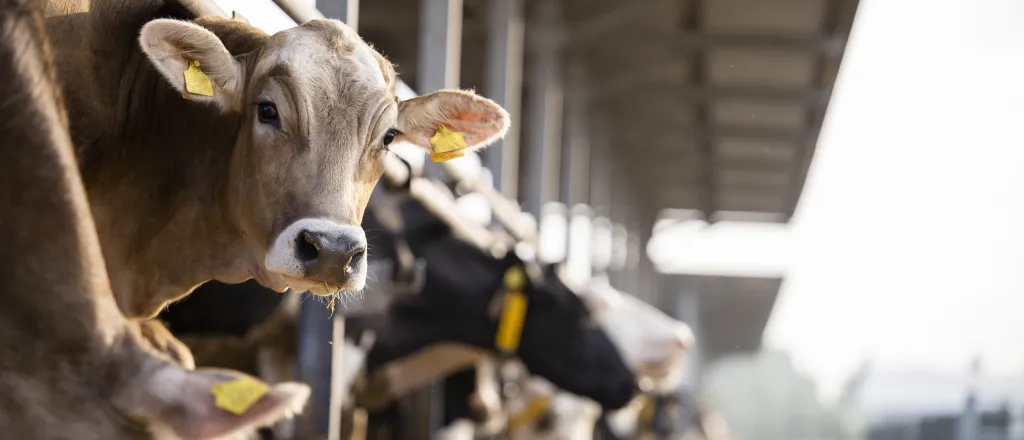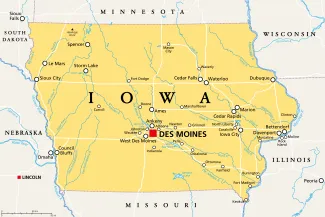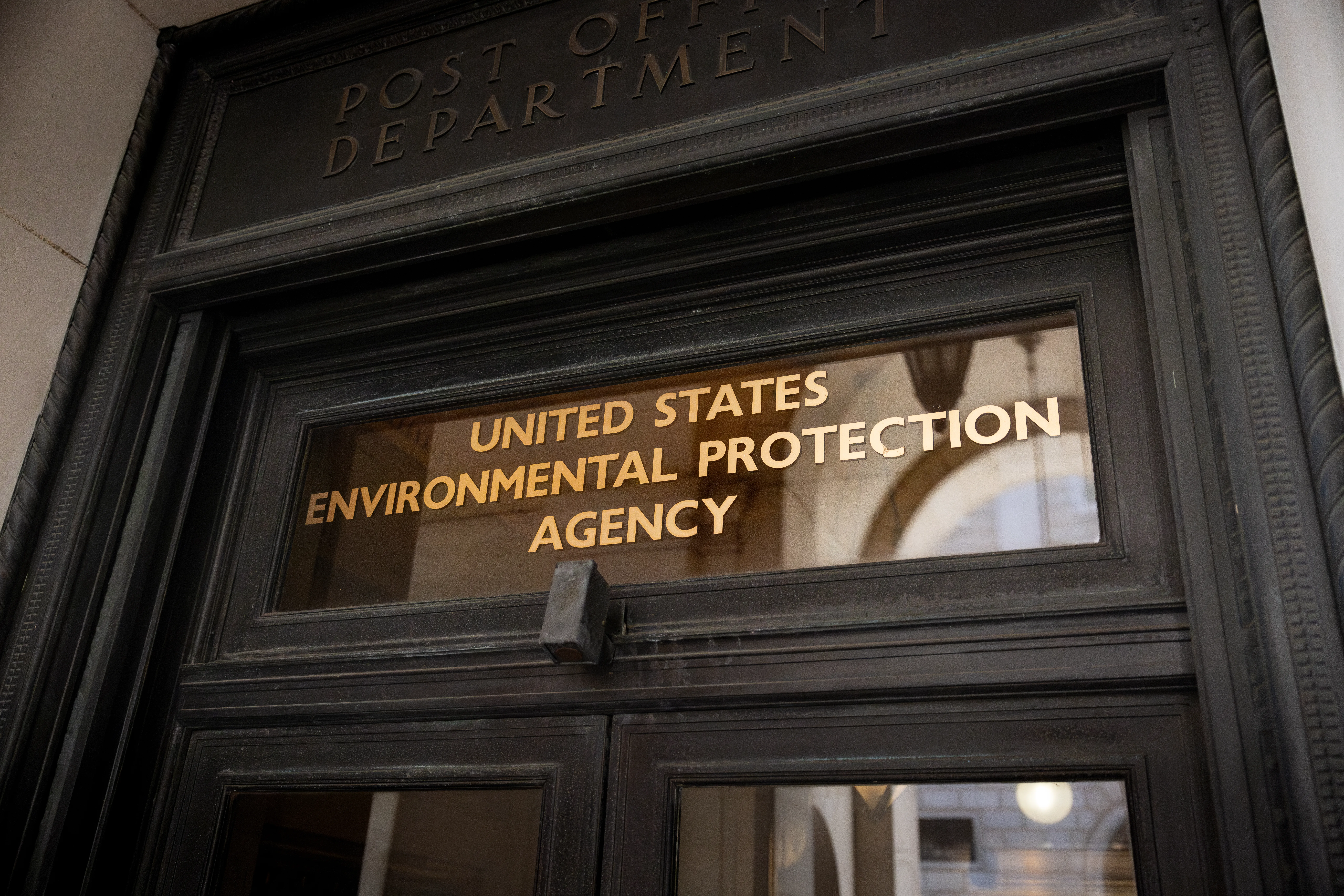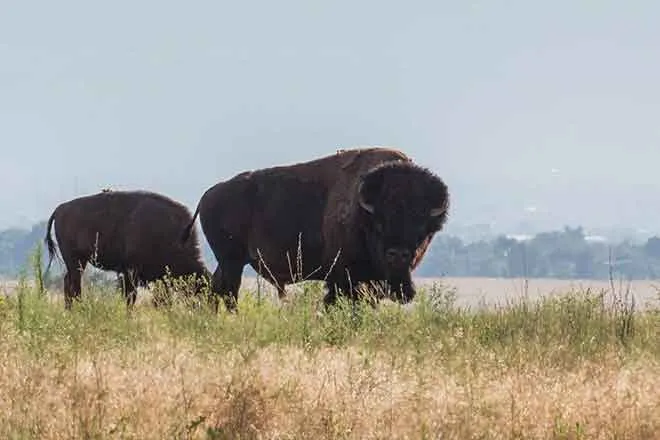
Watchdog group asks lawmakers for more Iowa CAFO oversight
© Smederevac - iStock-1470677566
Click play to listen to this article.
Environmental advocates in Iowa want state lawmakers to tighten regulations on large livestock feeding facilities, which they say will help protect the state's air and water.
They say right now, Iowa is headed in the wrong direction.
The group Iowa Food and Water Watch has a list of priorities for the 2025 Legislature - from opposing legislation that could limit pesticide companies' liability, to protecting ground and surface water from the 4,000 large animal feeding operations in the state.

Food and Water Watch Iowa Organizer Jennifer Breon said cleaning up Iowa's drinking water is at the top of the list - by requiring those operations to adhere to the U.S. Clean Water Act.
"Only 4 percent of Iowa's CAFOs or factory farms have Clean Water Act permits," said Breon, "and Iowa has more factory farms than any other state."
Livestock industry operators say they are always balancing efforts to be more environmental friendly with the need to keep up with consumer demand for meat products.
Beyond polluting the air, ground, and surface water near CAFOs, Breon said the 109 billion gallons of manure produced by Iowa's factory farms every year is threatening the state's recreational opportunities.
"It's impossible to swim in the lake in Iowa in the summertime frequently, because of E. coli and algae blooms," said Breon. "Our state is forced to issue warnings about beach closures, pretty much all summer long."
An analysis by Food and Water Watch found that Iowa's factory farms have been fined less than $750,000, despite multiple citations for water pollution over a decade.

















